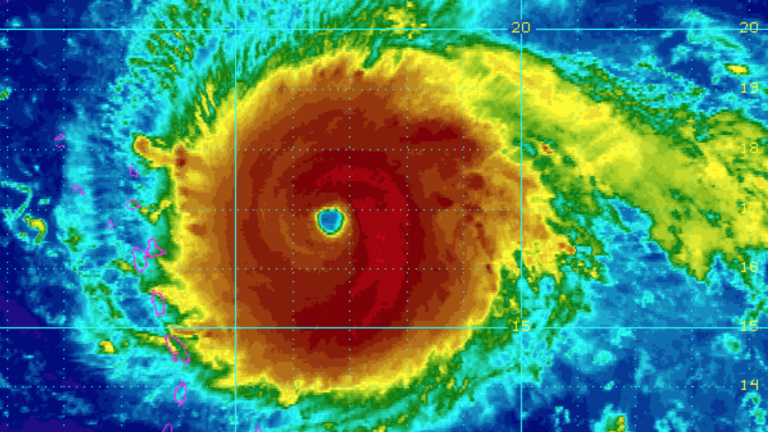NOAA: Below-normal Atlantic hurricane season is now more likely
While as the saying goes, "it only takes one," NOAA is the latest weather forecasting organization to lower its Atlantic hurricane season outlook.

NOAA image
As the saying goes, “it only takes one,” NOAA is the latest weather forecasting organization to lower its Atlantic hurricane season outlook.
The federal forecasters have increased the likelihood of a below-normal Atlantic hurricane season to 60 percent, up from 25 percent in the May forecast, and the chance of an above-normal season down from 35 percent to 10 percent.
NOAA predicts nine to 13 named storms of which four to seven will become hurricanes and zero to two major hurricanes.
The typical hurricane season generates 12 named storms, of which six are hurricanes and three major hurricanes. The current season has featured four names storms and two hurricanes.
The outlook is for overall seasonal activity and not for landfalls, which are only predictable about one week prior to a storm reaching a coastline, according to NOAA.
The forecasters cite these reasons for the less active prediction:
- El Niño is more likely to develop strong enough to suppress storm development.
- Sea surface temperatures across the tropical Atlantic Ocean and the Caribbean Sea are much cooler than normal.
- Drier air, stronger wind shear, and a more stable atmosphere in the tropics.
But the forecasters say coastal residents need to remain aware.
“There are still more storms to come – the hurricane season is far from being over. We urge continued preparedness and vigilance,” said Gerry Bell, Ph.D., the lead seasonal hurricane forecaster at NOAA’s Climate Prediction Center, in a statement.
FEMA Administrator Brock Long added that the outlook is a reminder that the hurricane season peak, during the second week of September, is approaching.
“Now is the time to know who issues evacuation orders in their community, heed the warnings, update your insurance, and have a preparedness plan. Don’t let down your guard. Late season storms are always a possibility. Always keep your plans updated,” he said.
Some Atlantic basin seasons feature below average activity but still result in a devastating storm, like Hurricane Andrew in 1992, while others like 2010 — third most active season on record — did not feature a hurricane making landfall.
The officials urge coastal residents to have preparedness plans and monitor the latest conditions.
WHYY is your source for fact-based, in-depth journalism and information. As a nonprofit organization, we rely on financial support from readers like you. Please give today.




